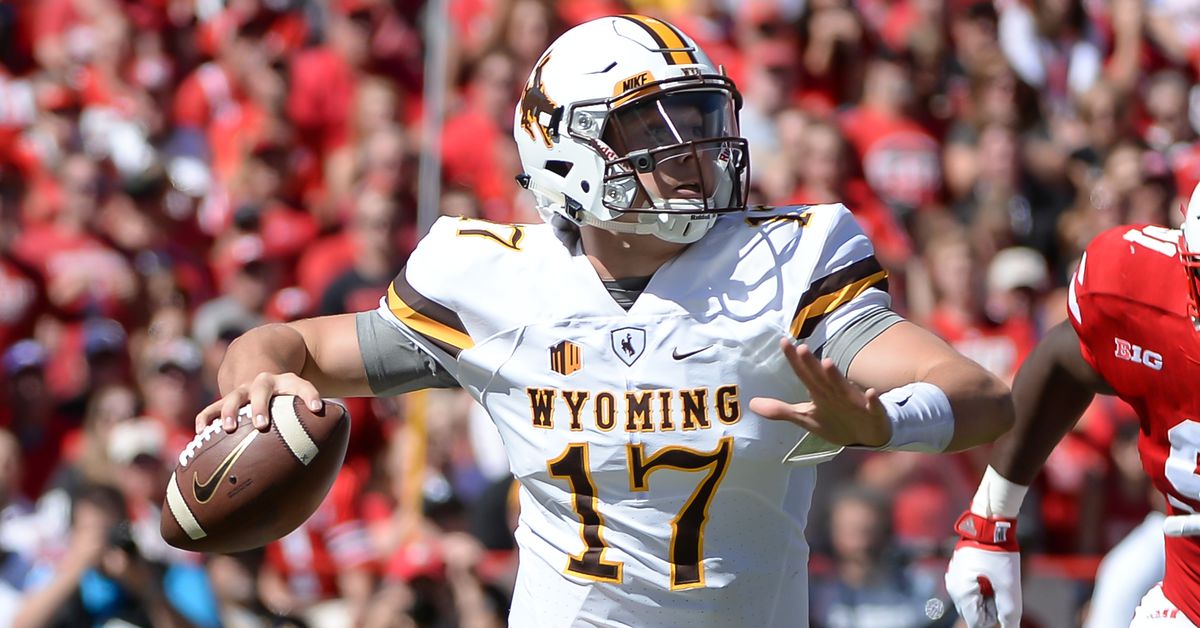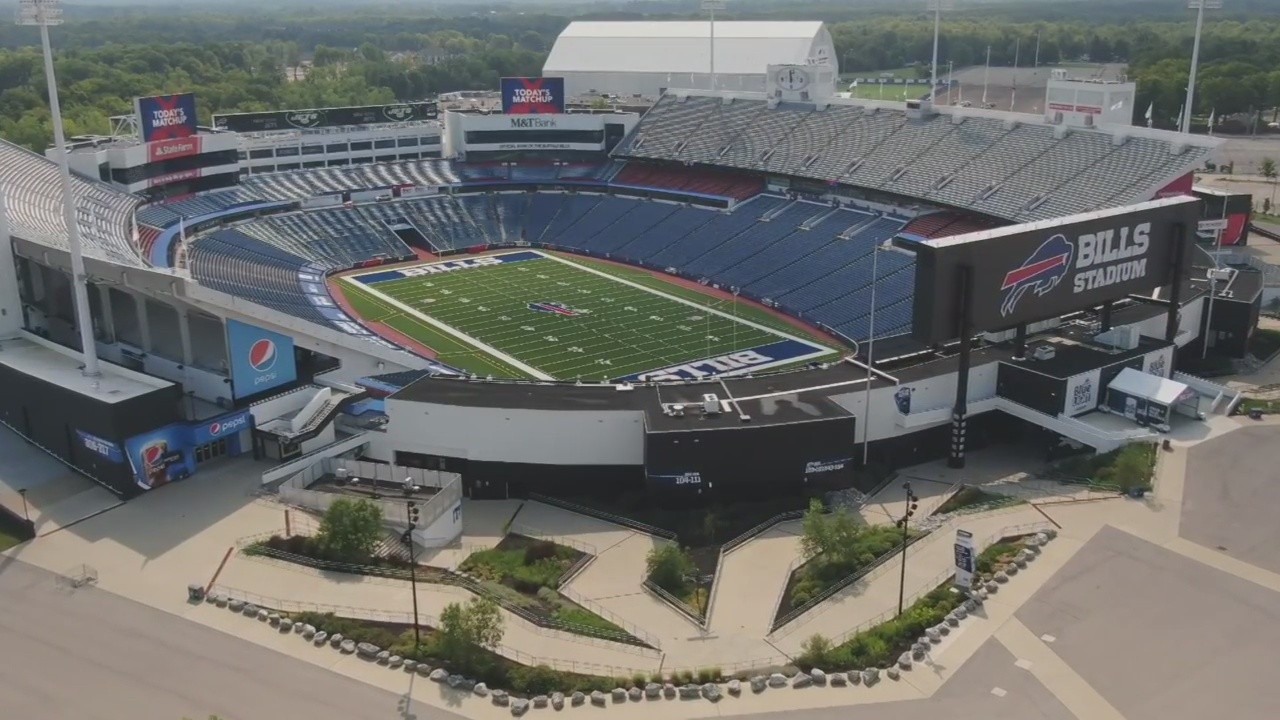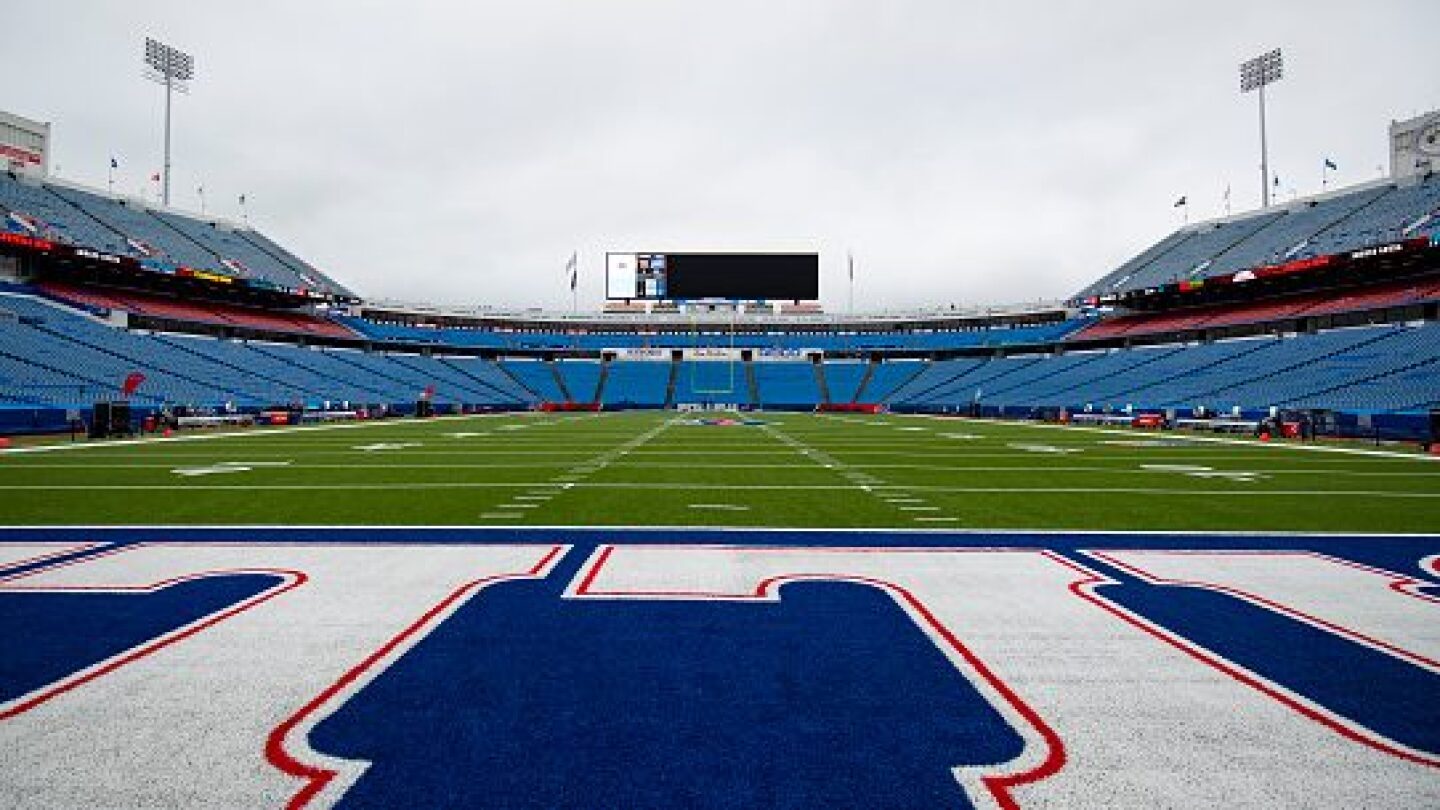- Jul 1, 2013
- 21,992
- 18,412
- AFL Club
- Fremantle
- Other Teams
- Fulham, 76ers, Cubs, Bills
Milano deal is great 

Follow along with the video below to see how to install our site as a web app on your home screen.
Note: This feature may not be available in some browsers.

Yeah I got April fooled.White facemasks are here to stay. Yes! Least we'll look good no matter how we're playing.
On SM-A530F using BigFooty.com mobile app


That's Madden on Xbox there.The crowd is so raucous ...

